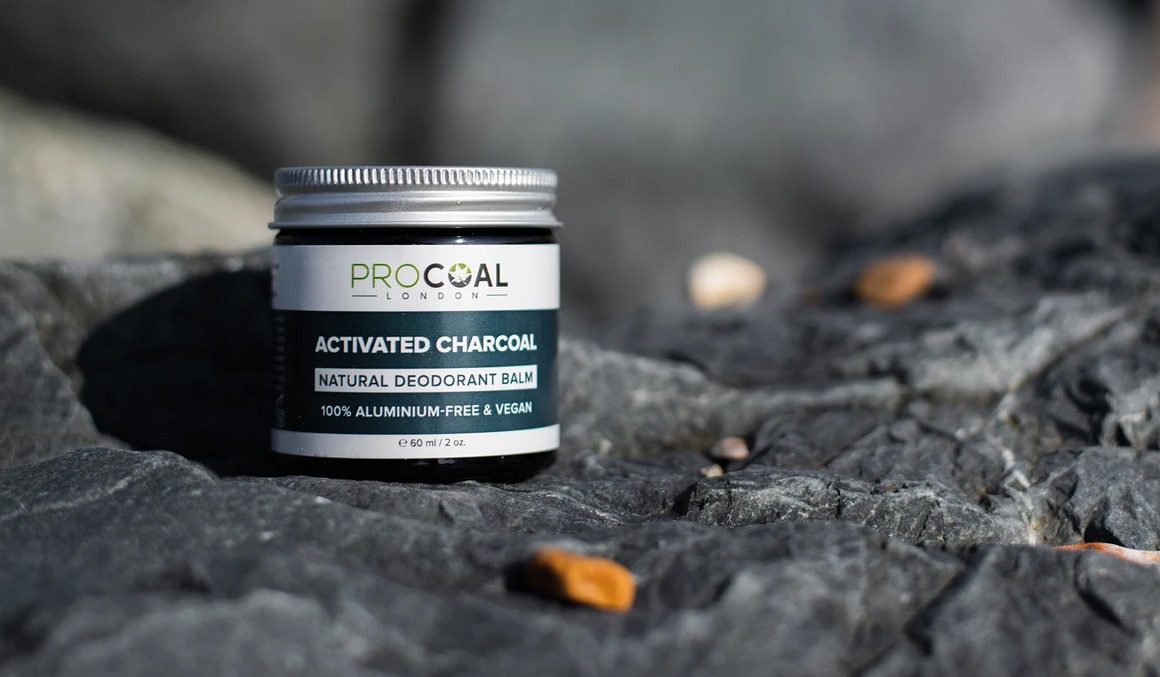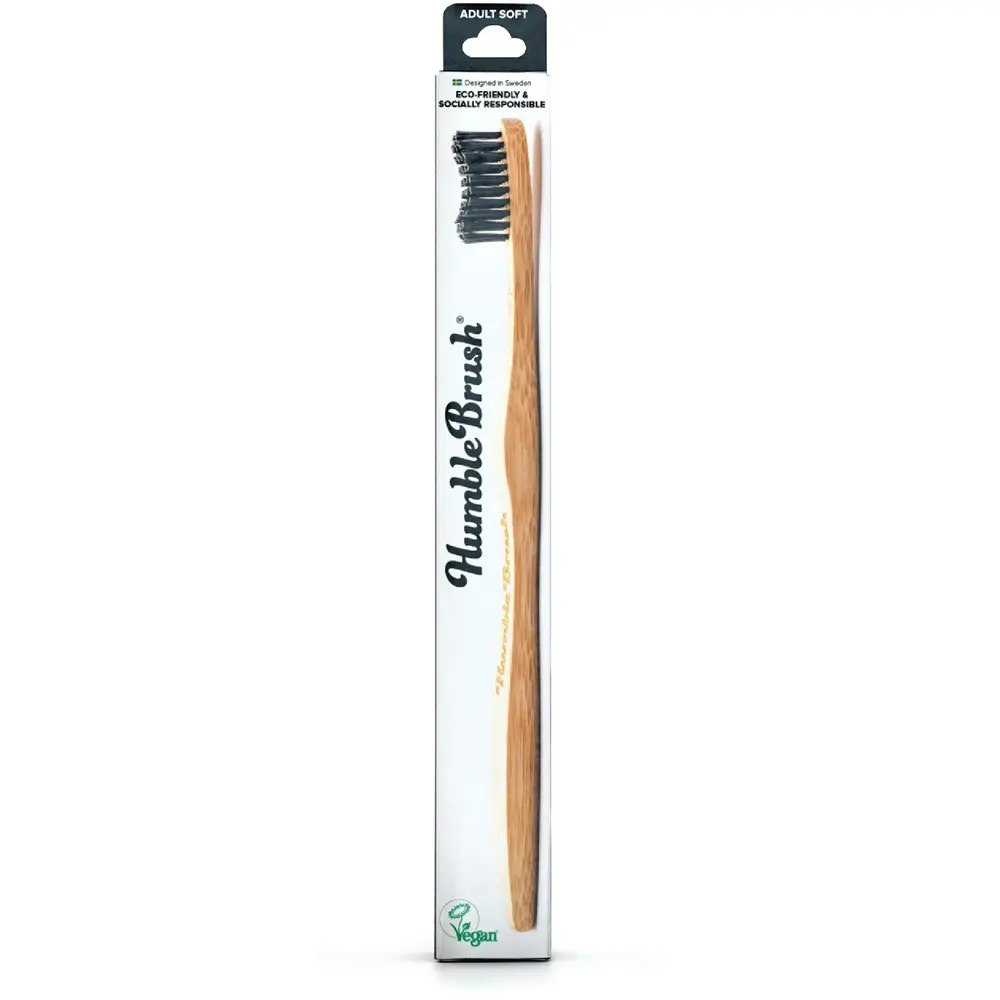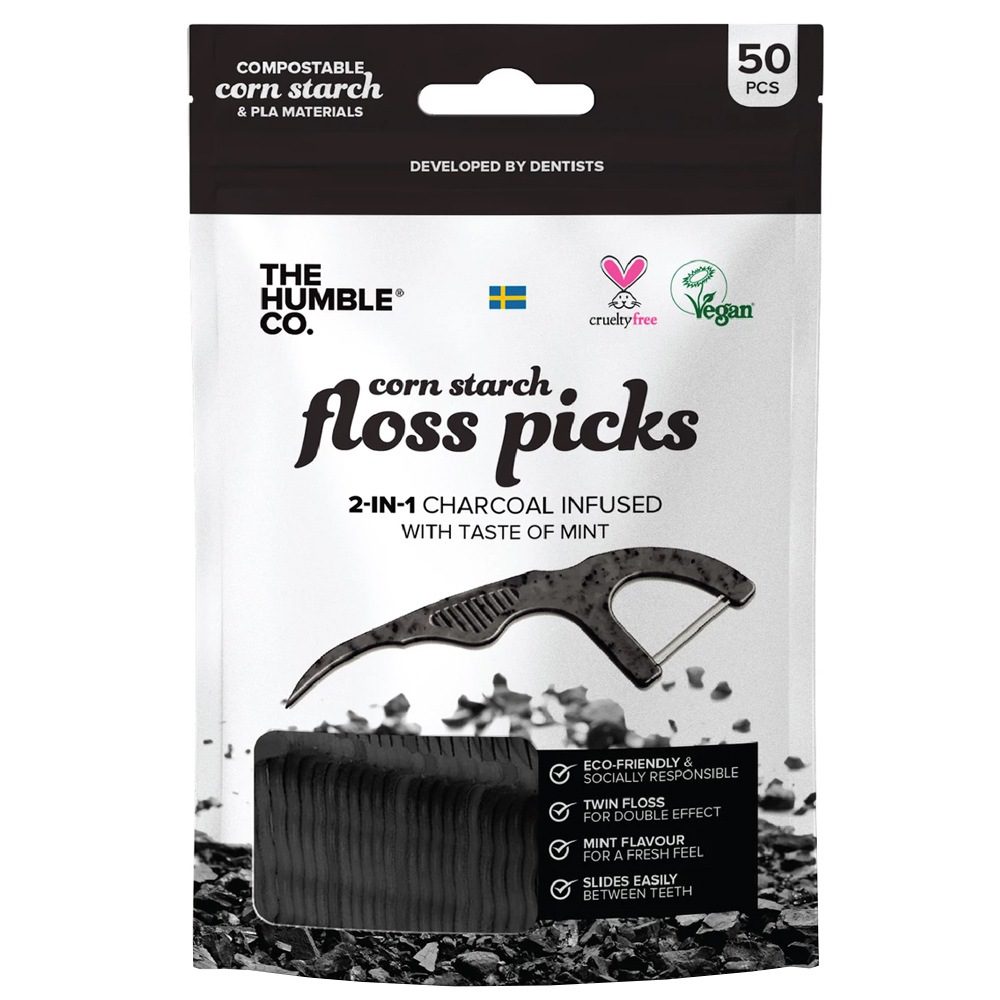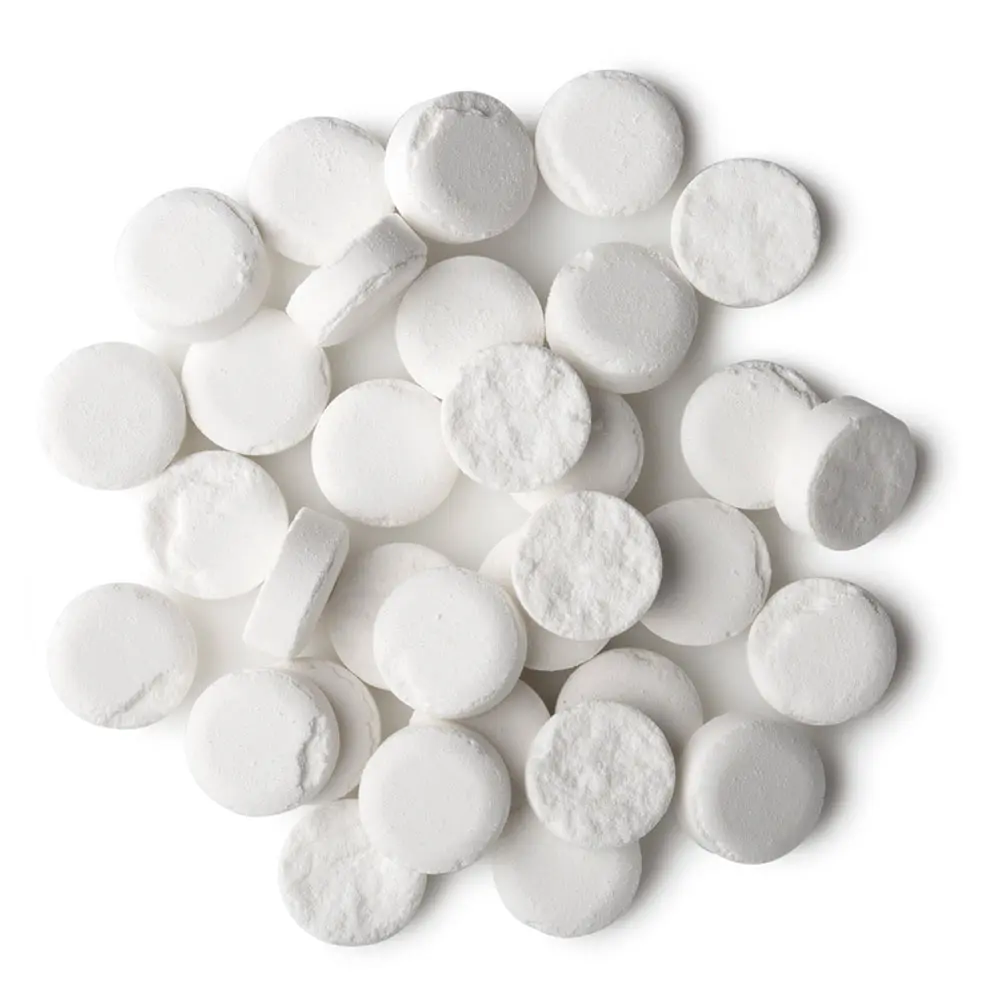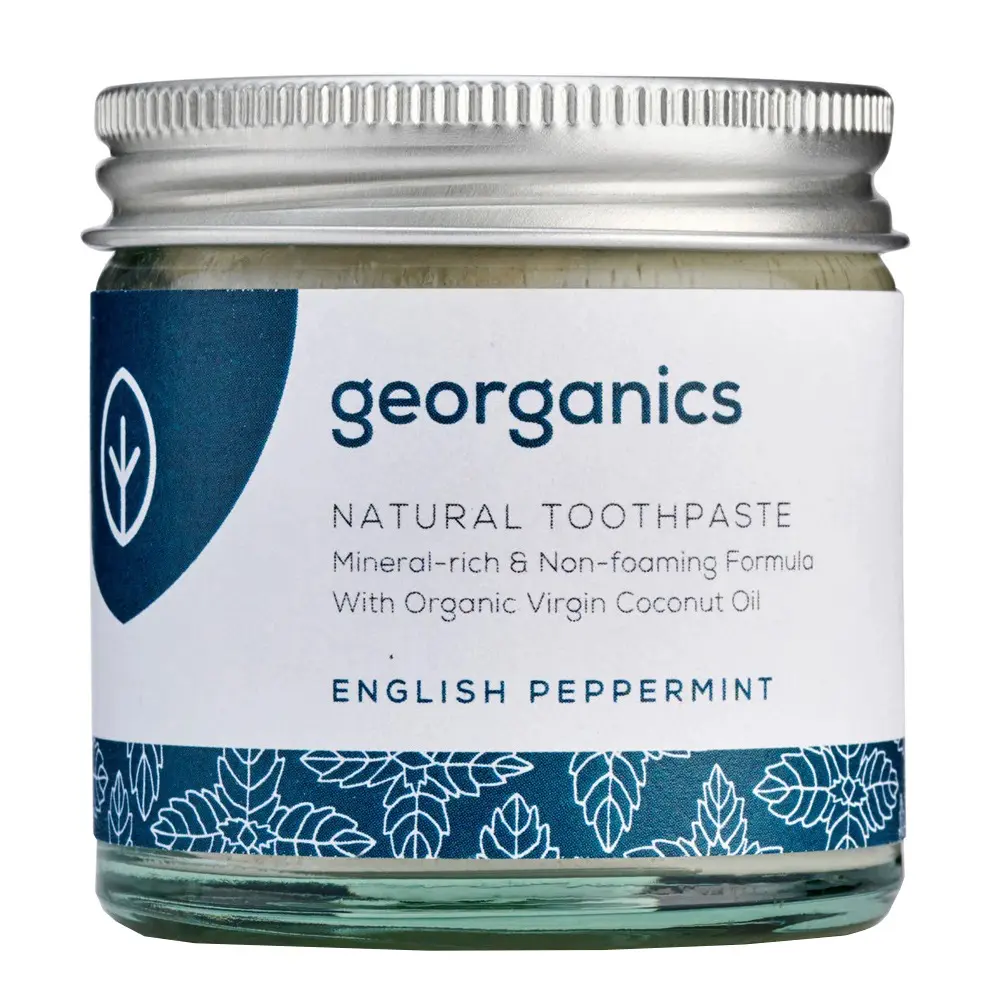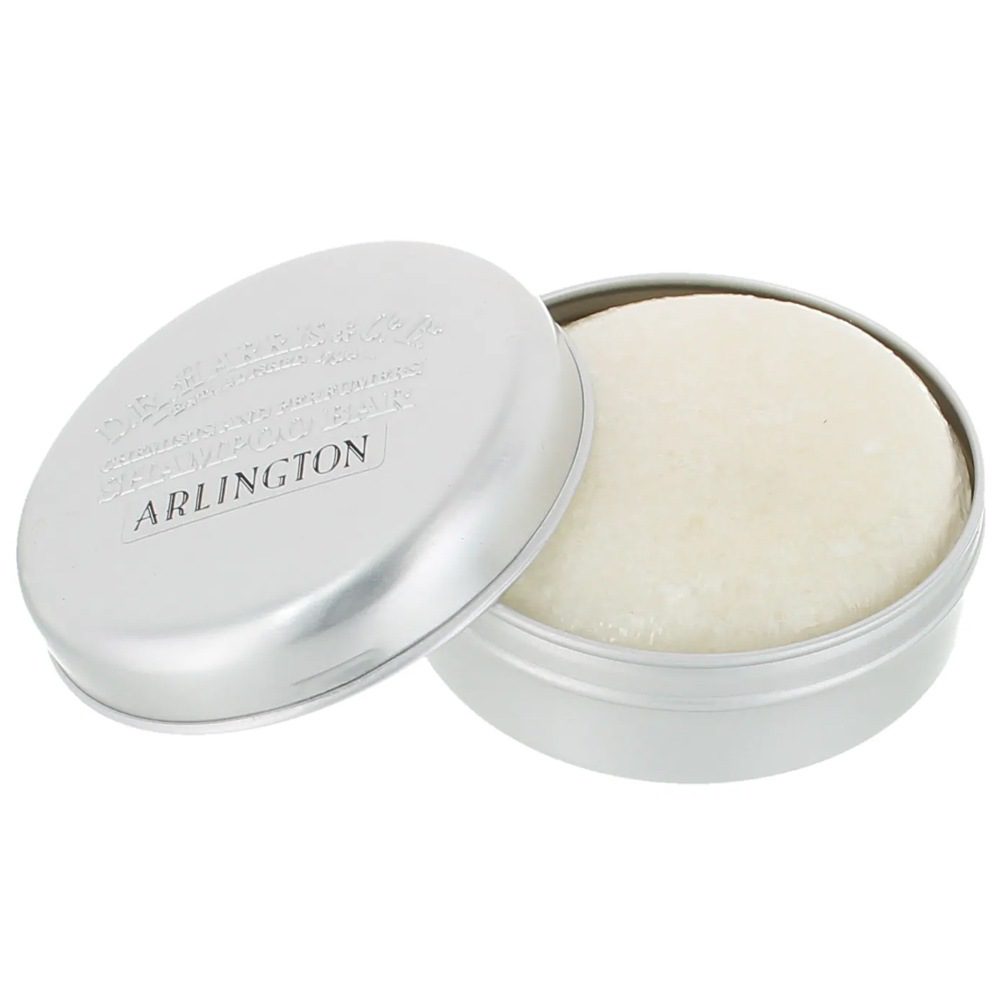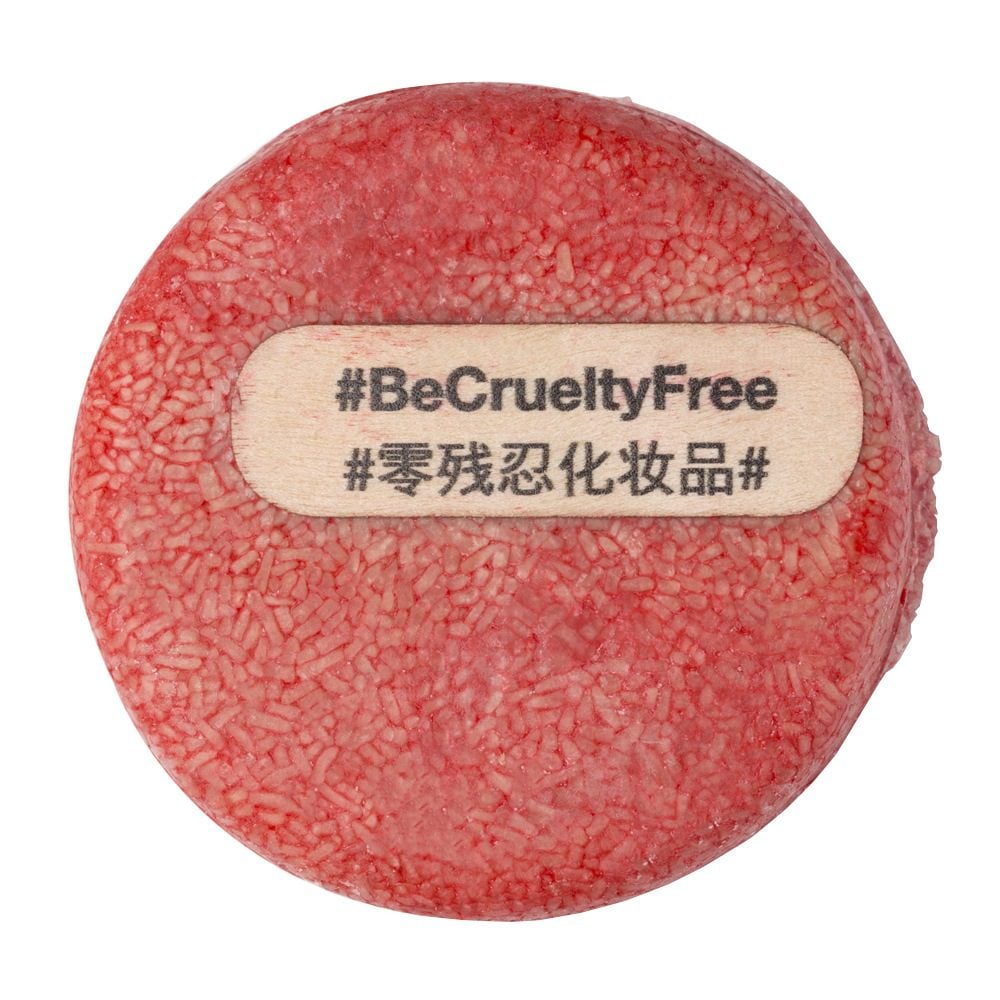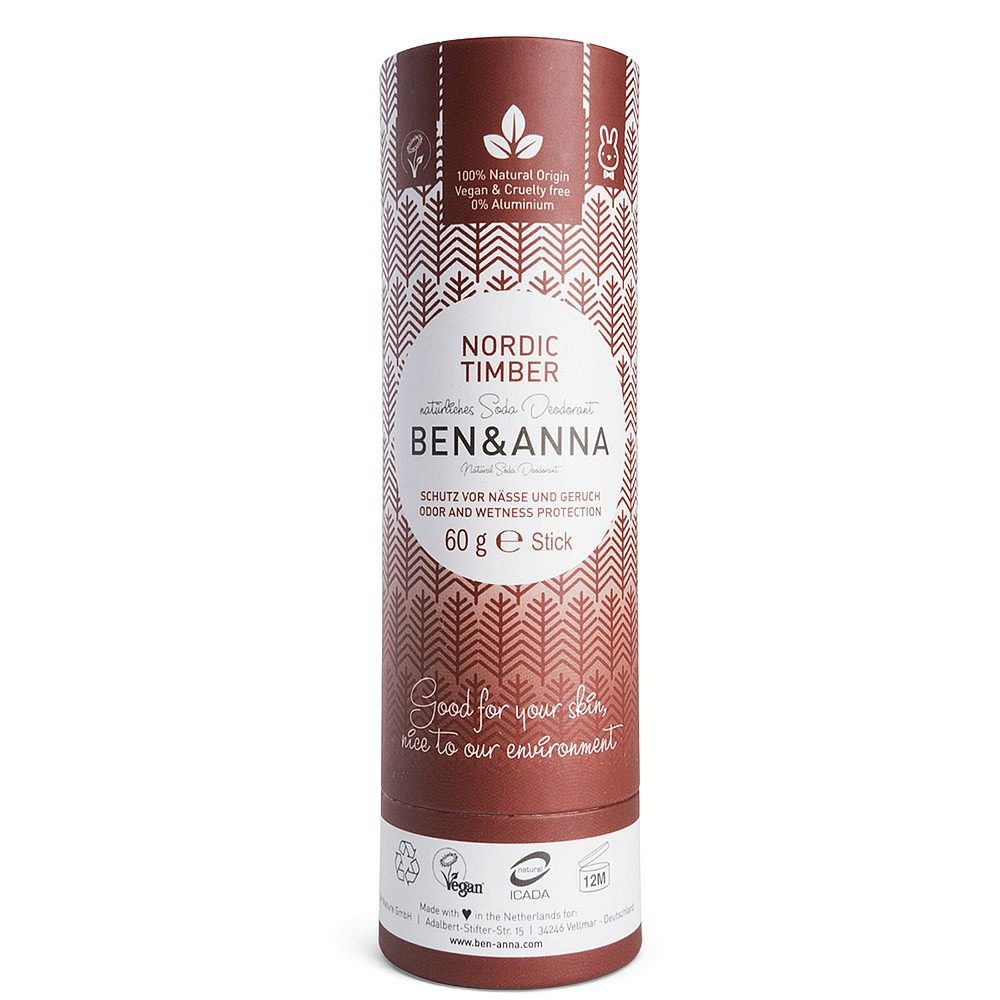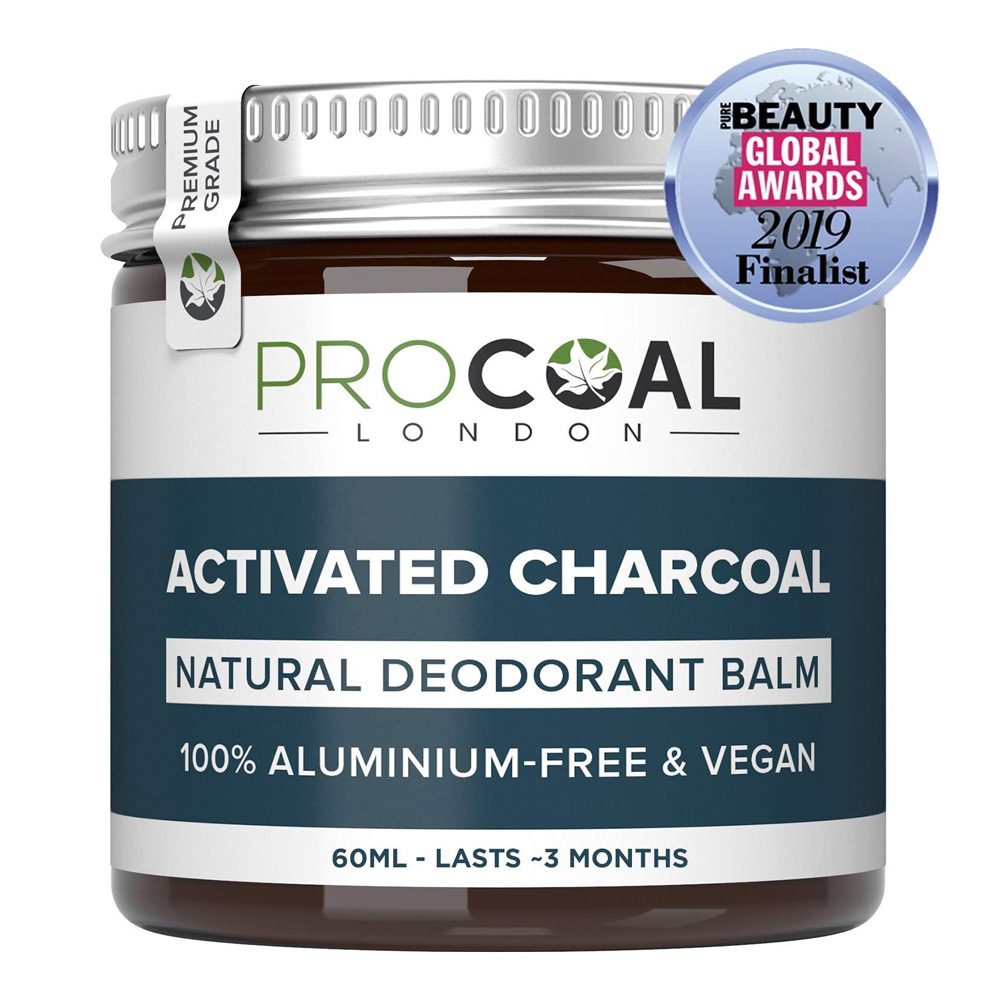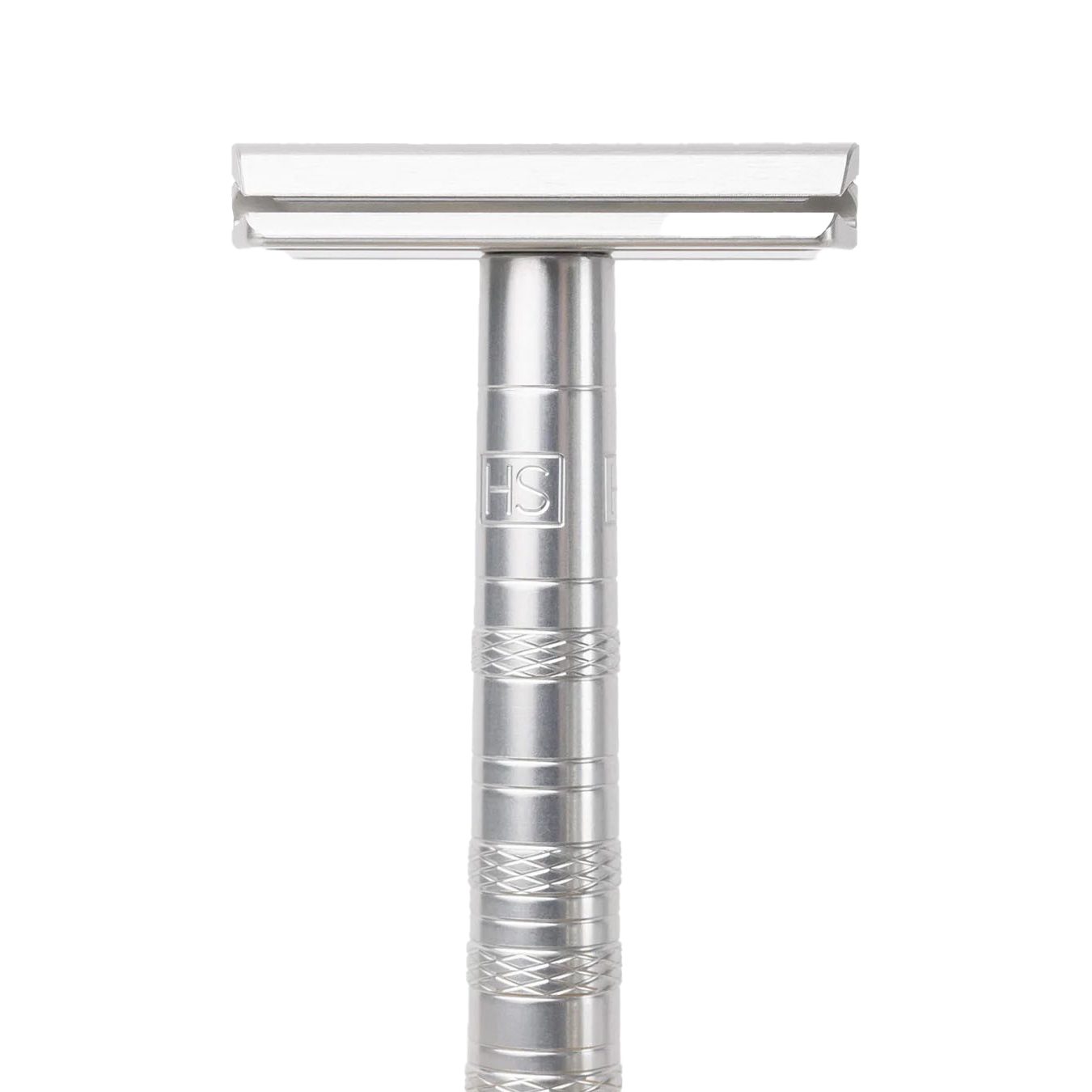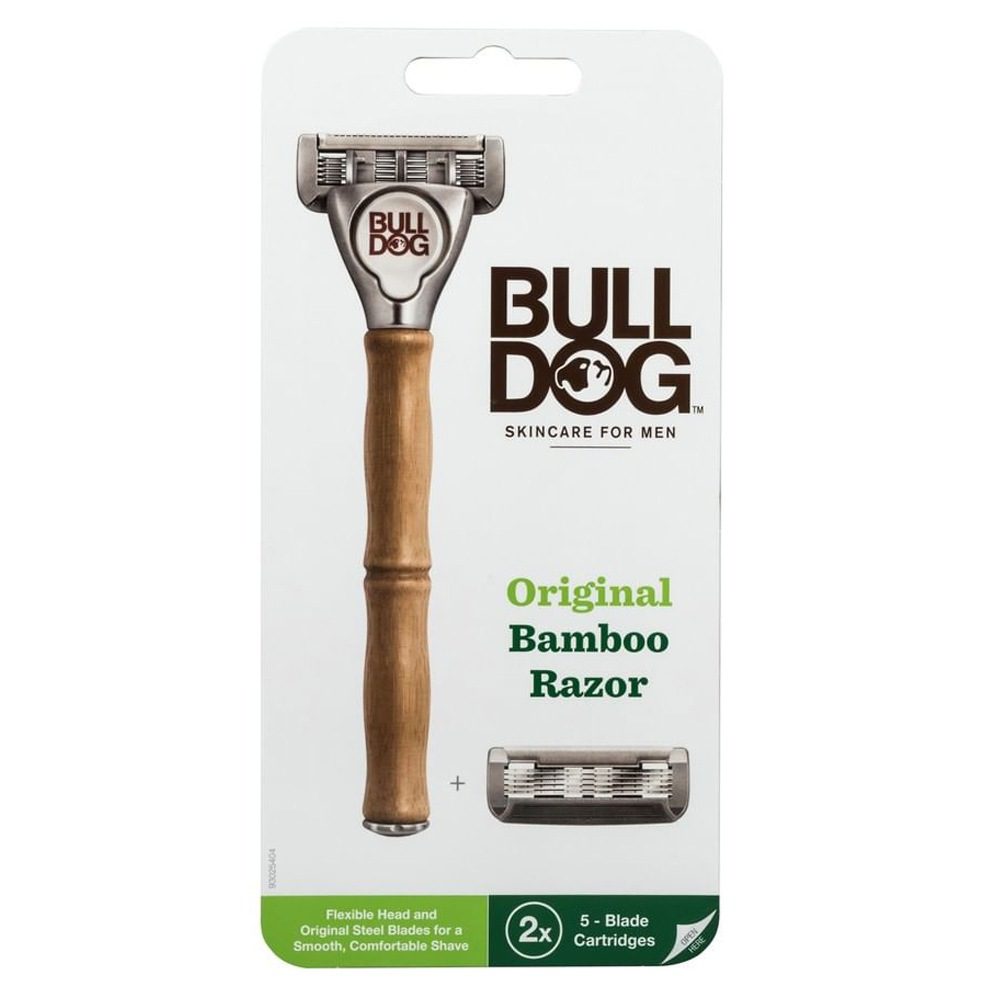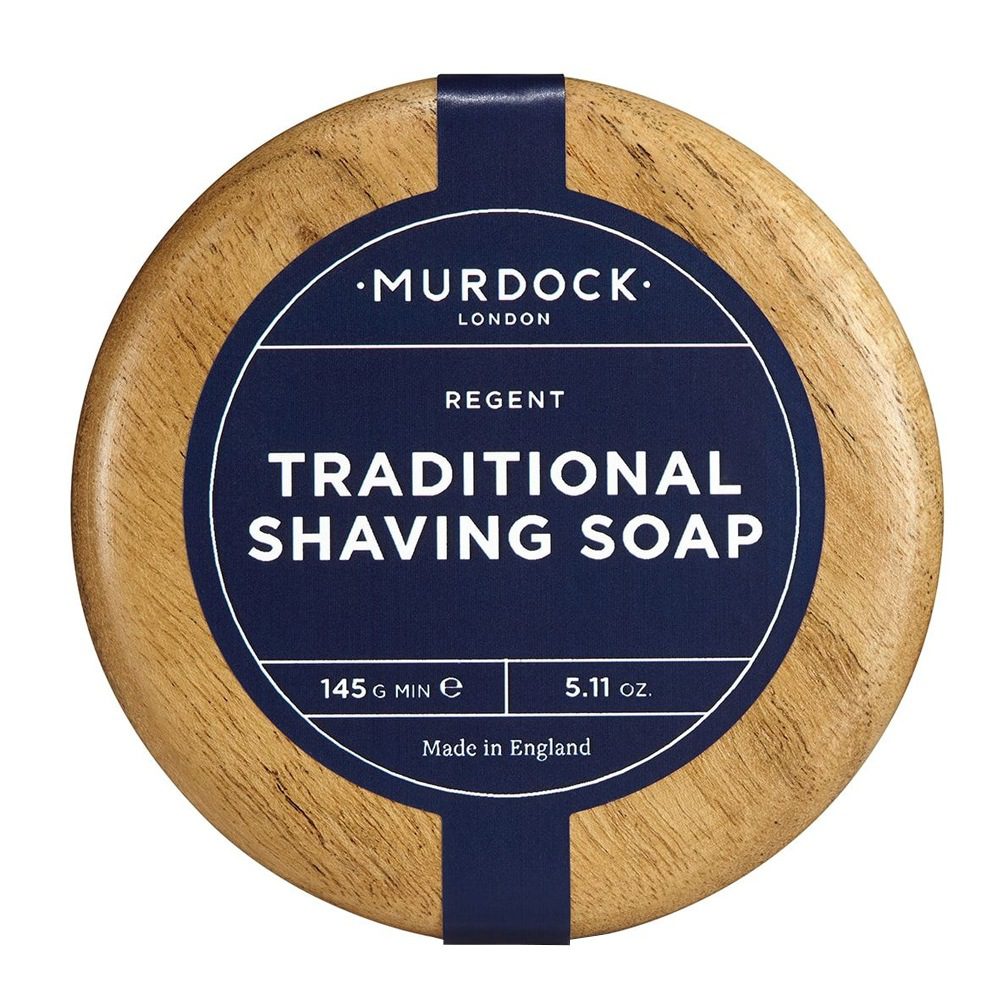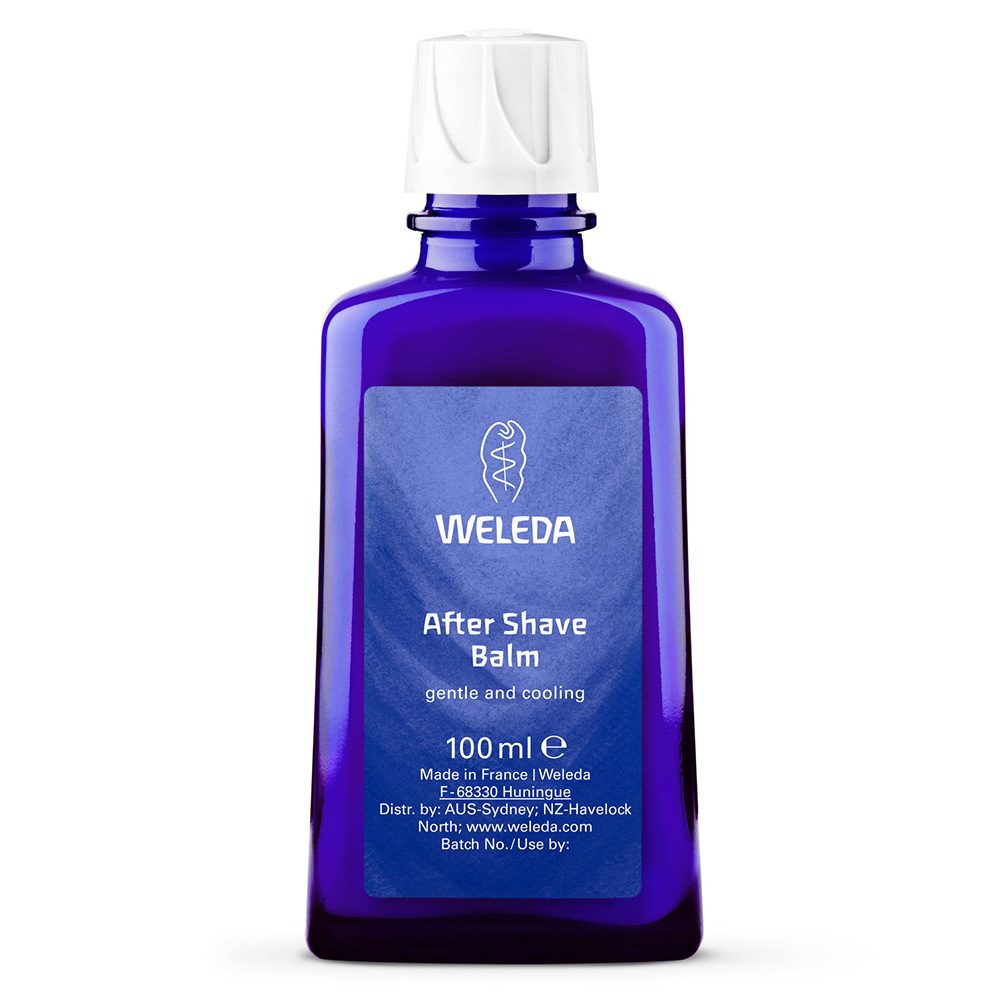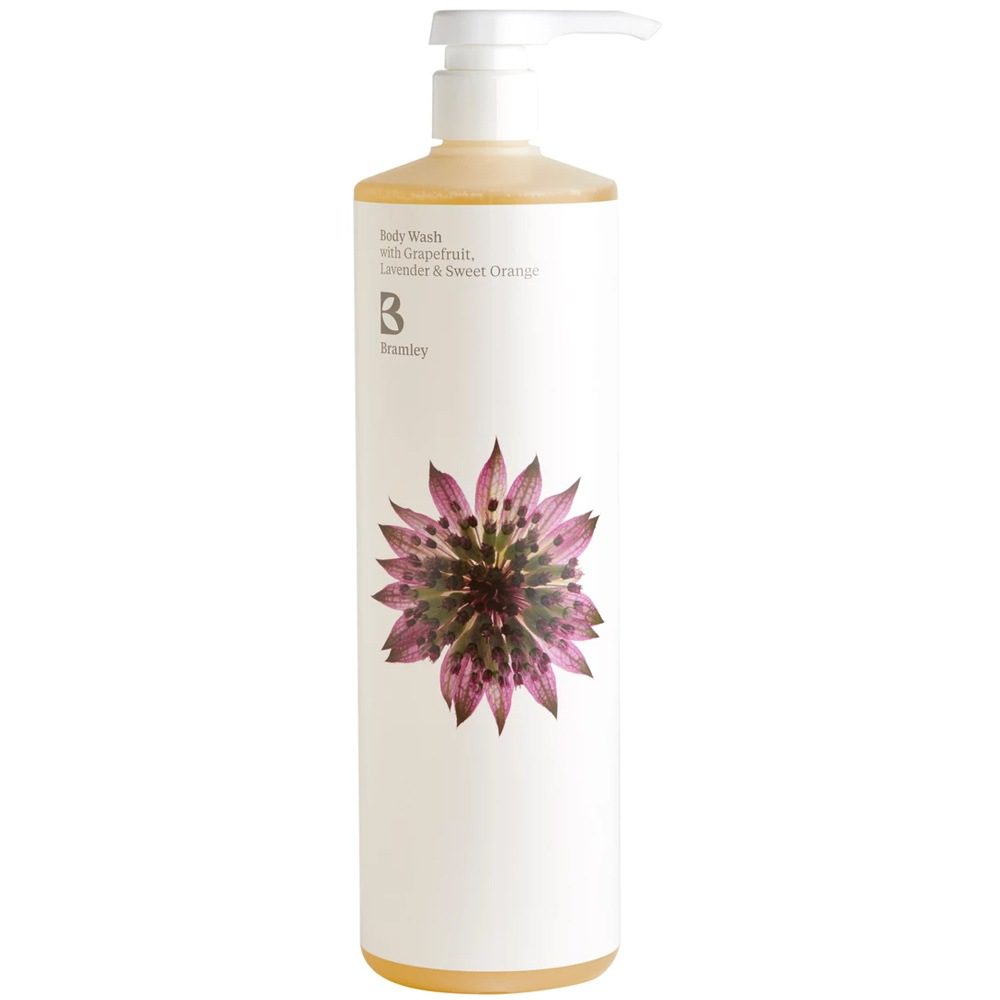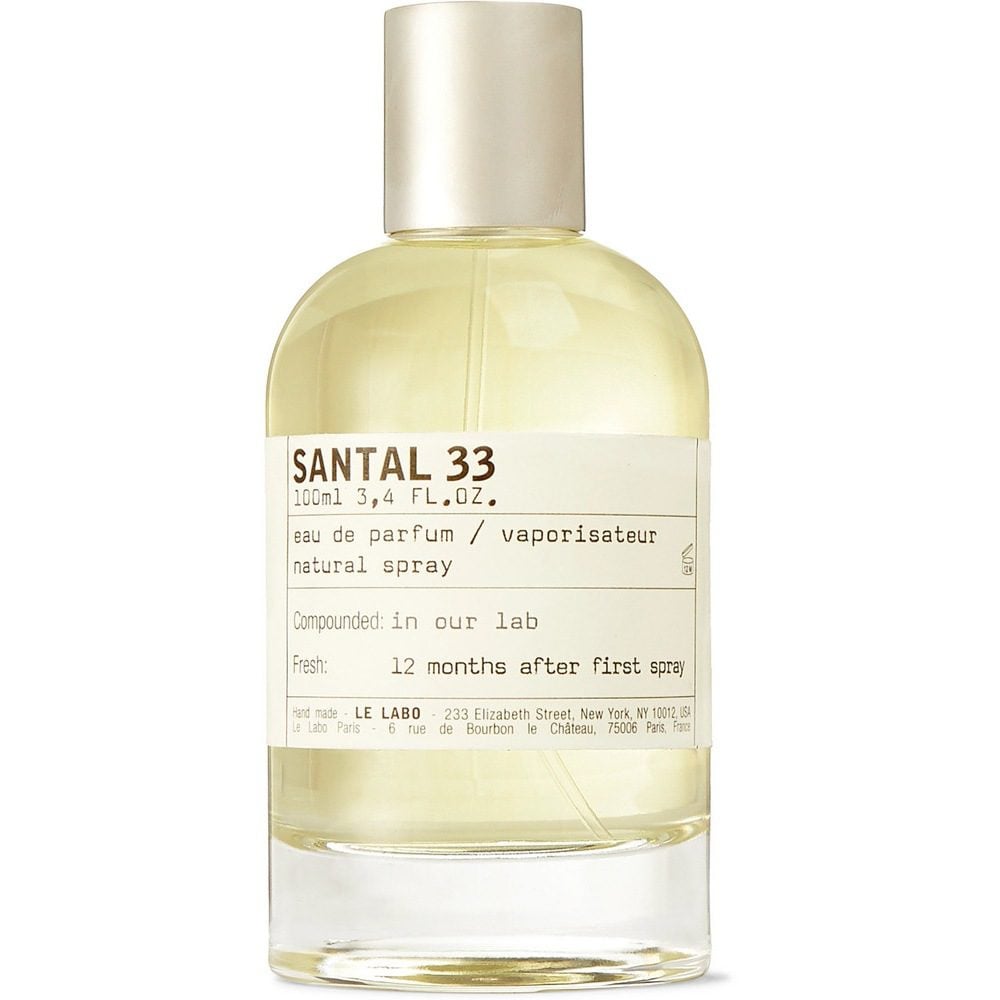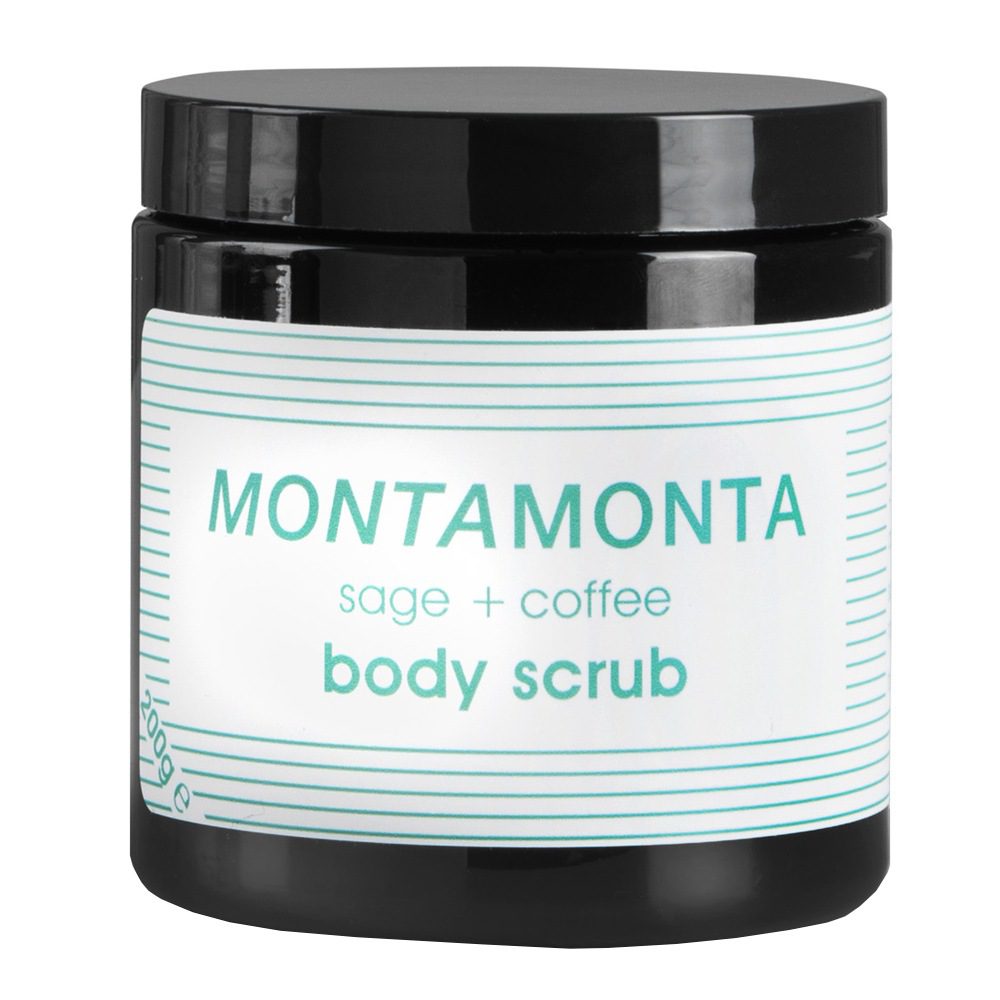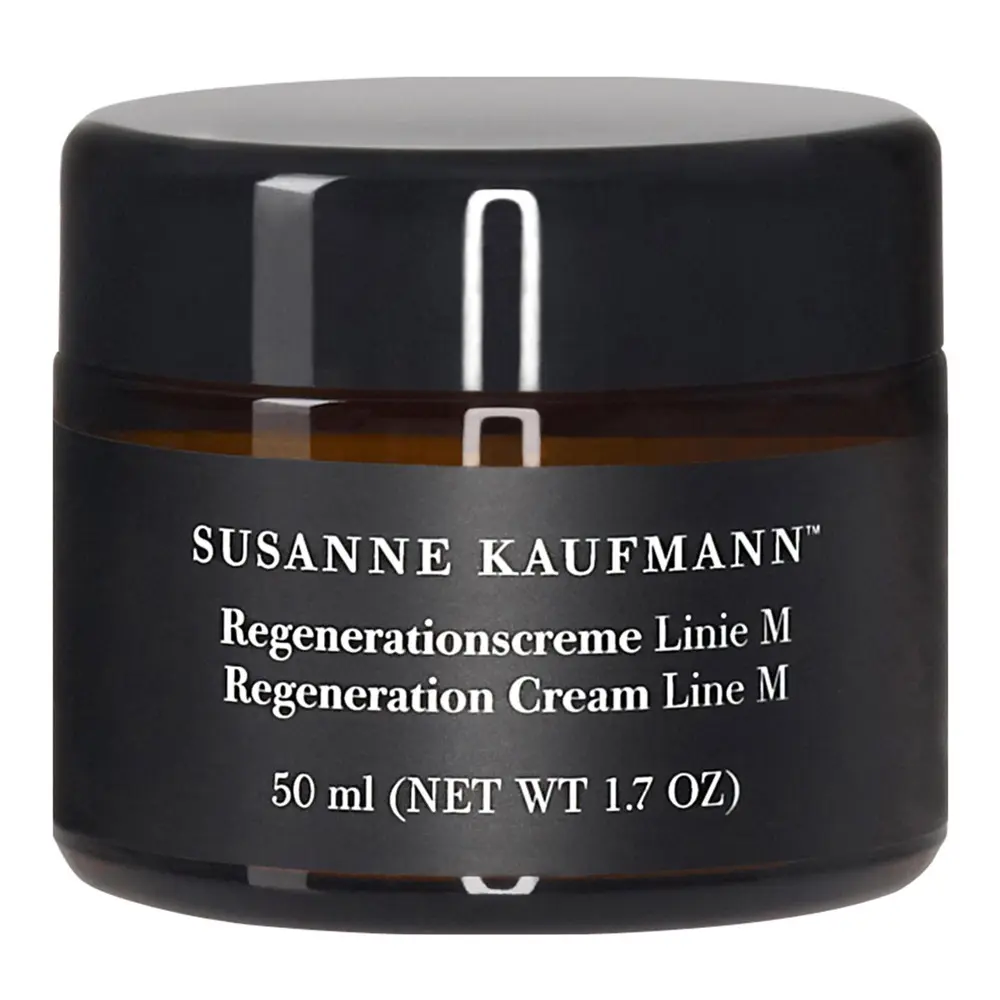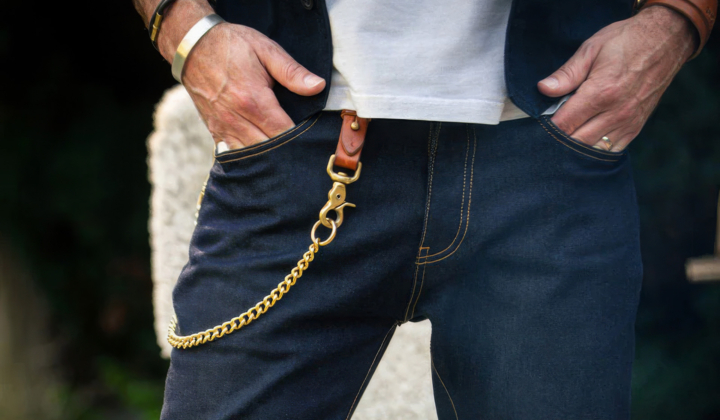Green Grooming: The Best Eco-Friendly Products For Men
When a 93-year-old broadcaster gets a rock star reception at Glastonbury you know there’s something in the water. That’s exactly what happened when David Attenborough made a surprise appearance on stage at the Eavis’ farm in June 2019. That something in the water? Unfortunately, it’s plastic. Happily, Britain’s favourite activist pensioner was there to celebrate the festival going plastic free. Sadly, it’s a drop in the ocean compared with the estimated truckload of the stuff that gets dumped into the sea every 60 seconds. Yes, we have a plastic problem.
It’s an ultra convenient substance with many uses, so it’s no wonder plastic is heavily used around personal care products. With hindsight, making disposable items out of a material that can take 400 years to degrade is a pretty dumb thing to do, and yet we’re still pumping it out. However, it’s not the only element of our daily ablutions that’s unsustainable. What’s even trickier to avoid than plastic? Palm oil. The rainforest destroyer is literally in everything we eat and dump on our hair and skin. It grows fast and has a very high yield so chemists love it, and it can be listed under a mind-boggling number of ingredients.
It’s easy to get down about the magnitude of the mess humankind is making of the world. But it’s even easier to change our habits.
Why should you use eco-friendly products?
We used to think “green” products were a bit of a flop compared with their chemically-infused counterparts, but now standards are so high we wonder what we ever saw in some of the polluting mega brands. Eco-friendly products tend to limit their impact on the environment in the following ways: the packaging can be fully recyclable, compostable or non-existent; the natural raw ingredients are sustainably sourced (meaning they are organically/bio-dynamically farmed and fairly traded); or they can be vegan (free from beeswax or other animal by-products), because animal agriculture is a major contributor to climate change.
Green products also won’t mess with your hormones or poison the wider environment with harmful chemicals (like parabens, PEGs, BHA, BHT, phthalates and reef killing oxybenzone) and they are certified (by the Soil Association, Natrue, Ecocert, RSPO, Rainforest Alliance or other recognised body).
Your New Eco-Friendly Grooming Regime
The most eco-friendly grooming regime is the one where you use up what you’ve got. Then, the next time you’re on the hunt for an item, make a better, informed choice: something that’s made closer to home, uses no plastic or is fully recyclable with ingredients that are responsibly sourced. Here’s a guide to some our favourites, including easy plastic-free swaps. Go on, Sir Dave would be proud.
Get a more natural dental routine
Floss? Silly single use tooth picks? Changeable brush heads? Dental hygiene is a plastic-filled minefield. Time to go back to basics on your dental brush. Bamboo is a fast-growing resource and will rot in your compost or council green waste (pull the bristles out with pliers when you’re done). Most dentists agree that technique is more important than the tool you use, so as long as you’re brushing adequately your gnashers won’t miss all the extraneous features that come with an electric one.
The Humble Co make regular and interdental brushes out of bamboo (so those D sticks can get the heave-ho too) and bamboo cotton buds – so your ear gunge won’t end up as an albatross’ lunch.
Swap paste for tabs
Mouthwash and paste in a tablet? Georganics and Lush both make dental tabs so you can move on from plastic tubes. The other benefit is carrying all you need for a trip away. Georganics paste comes in a jar with a bamboo spatula – and has plenty of five star reviews for the sceptical – and even make natural dental floss. Pure coconut oil is used for “pulling” (AKA teeth cleaning) and it’s 100% natural and anti-bacterial. Modern commercial toothpaste can also contain dodgy chemicals such as triclosan (increases antibiotic resistance in the environment) and BHT, so there’s another reason to make the switch.
Take the bar
We’re talking solid shampoo and cleansing bars. D R Harris’ Arlington shampoo bar holds the equivalent of a 300ml bottle of shampoo. All of the bars come in a thin plastic wrapping and are easy to store in the tin case they come with (which can be reused time and time again). They’re also made without palm oil, which frequently pops up in major shampoo brands. Elsewhere, Lush do a wide range of solid bars for all types of ablutions (including shampoos, cleansers, shower oil and even perfume) – and some of these can be cut to size like a block of cheese.
Don’t sweat it
Aerosol cans with plastic lids and twist-up roll-ons add to the ever growing plastic mountain. Sweat-proof yourself with Procoal’s vegan, charcoal based deodorant or Ben & Anna’s natural deo sticks that come in a push-up made entirely from cardboard. Somebody, please, tell the big brands it can be done.
Shave off waste
Try to buy better electrical devices for shaving, hair styling and body grooming and avoid cheap, badly made ones that won’t last. Along with toothbrushes, cotton buds and dental picks, single-use razors are a common sight on beach clean ups around the UK.
Metal safety razors and open razors can last forever with the right care and create barely any waste at all. Both can be a bit intimidating to use, however, so a metal or wooden handle with a changeable head will still limit the amount of plastic heading for the bin. Bulldog make a bamboo handle and even a bamboo razor stand – for anyone who actually uses one.
Using a hard shaving soap in a refillable wooden or ceramic bowl will also cut out the plastic container (these soaps tend to be chock full of palm oil, so it’s a trade-off – Murdock London’s contains organic, sustainable palm oil).
Bulk Up
The next time you’re getting your hair cut, ask if you can refill your shampoo bottle using the bulk supply. Davines, the Italian haircare brand, make it policy that their stockists should welcome and encourage clients to top up empty bottles at the barbers or salon.
Buying larger size products is also more economical. Online purchases account for a growing portion of CO2 emissions, and tend to be overpackaged, so maximise your order. And it’s usually cheaper per ml for a larger size. Bramley make shower gel in a one-litre size, which should take even the biggest clean freak a long time to get through.
Elsewhere, there are more refill options popping up where you can top up shampoo – independent health food stores and bigger chains like Whole Foods, Planet Organic and The Source Bulk Foods usually have a refill section for liquid shampoos and body cleansers.
Refills aren’t just for hair care, either: Le Labo offer refills at all its fragrance counters – with a 20% discount incentive to bring your bottle back.
Go organic and think local
The skin is the body’s largest organ and absorbs whatever you put on it. Overloading your skin with chemicals isn’t good for you long term and it’s even worse for the environment. Whatever goes down the bathroom plughole ends up in the ecosystem and eventually comes back to us through the tap or food chain.
Brands such as Weleda, Dr Hauschka, and Neal’s Yard have always been aware of this and use as much organic, traceable and fair trade raw ingredients as possible, some sourced directly from their own farms. Brands like ilā apothecary, Guy Morgan and Susanne Kaufmann generally have less of an impact due to a smaller scale, responsible operation. Independent brands can also be much more savvy about waste: east London-based MONTAMONTA repurpose used coffee grounds from local cafés for its Sage + Coffee body scrub.
